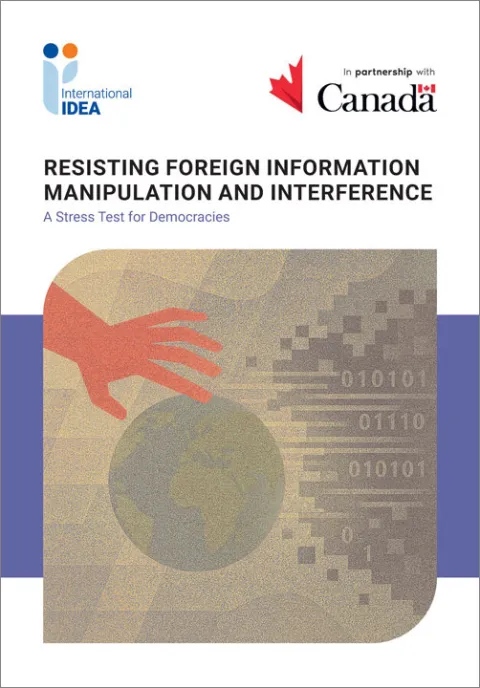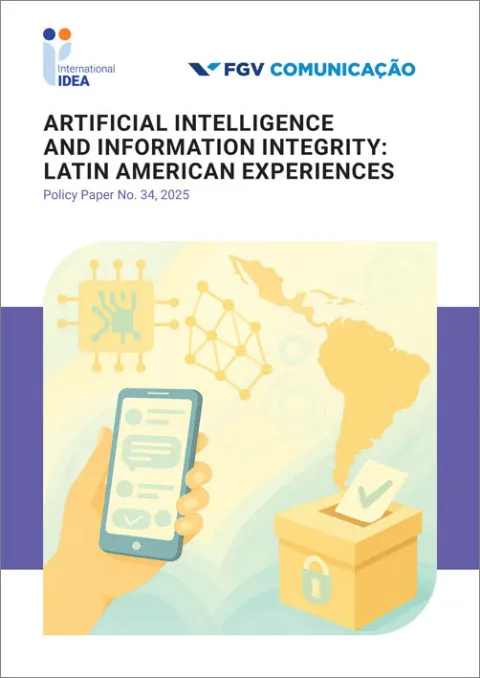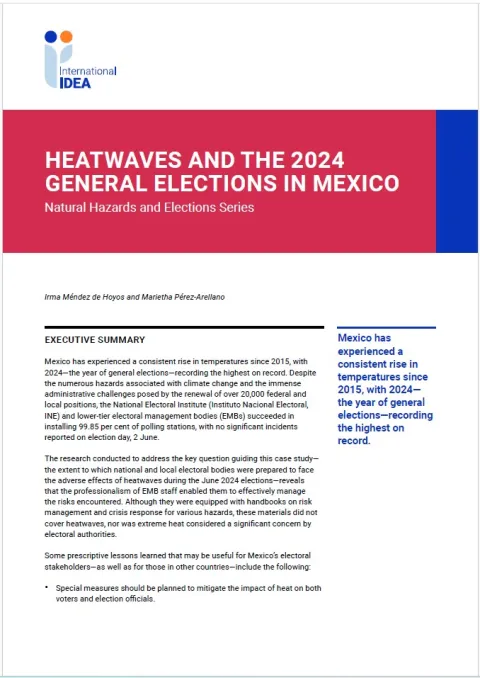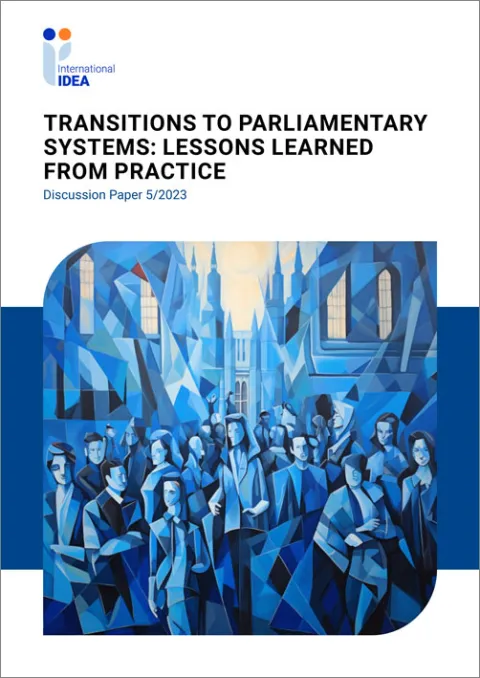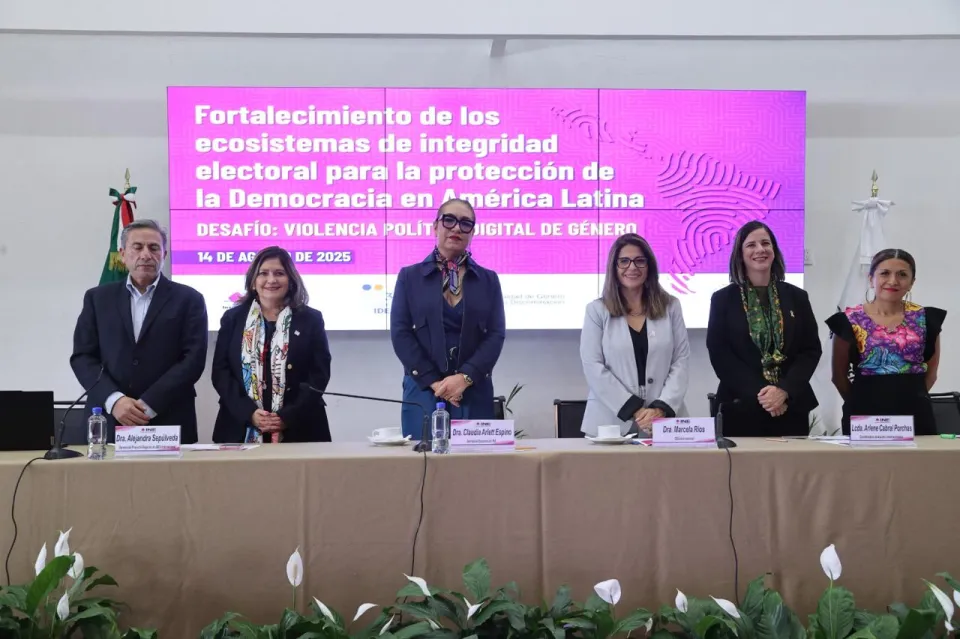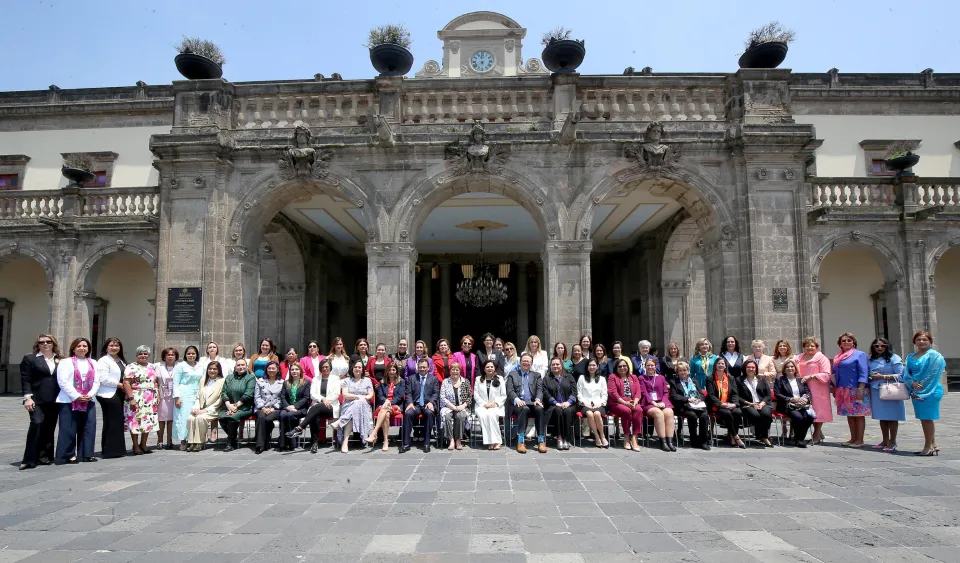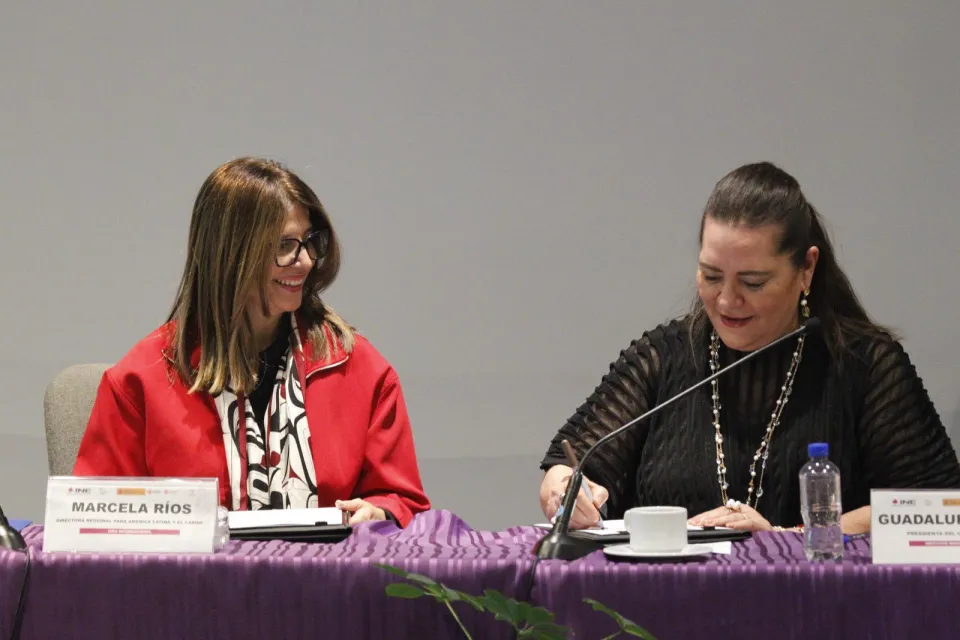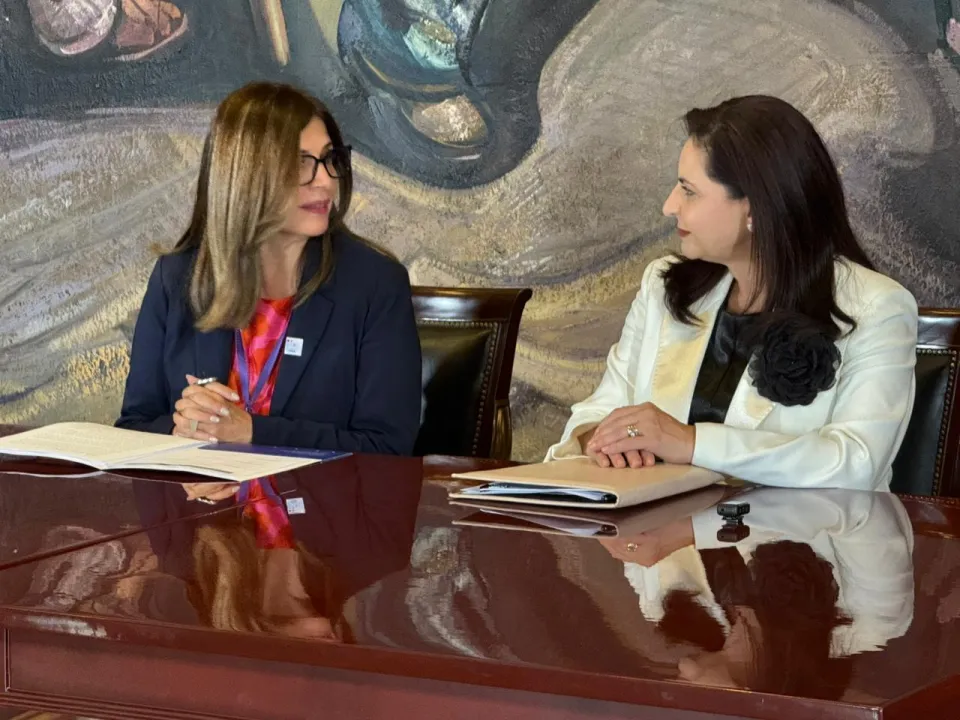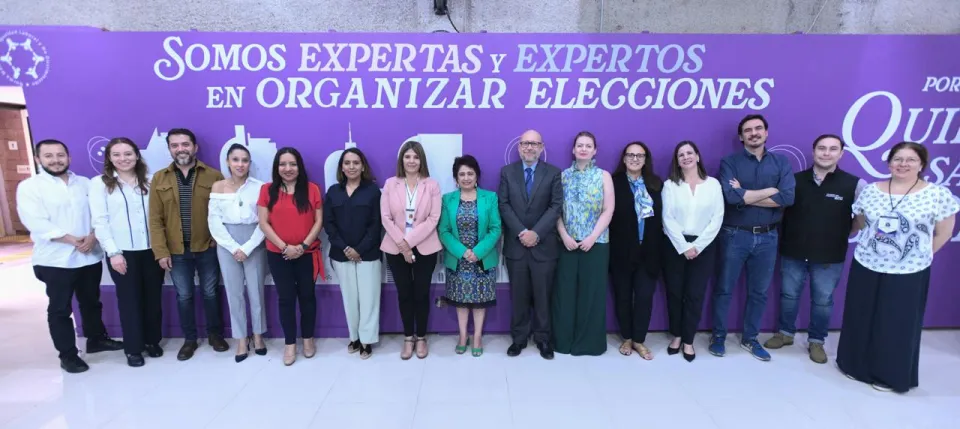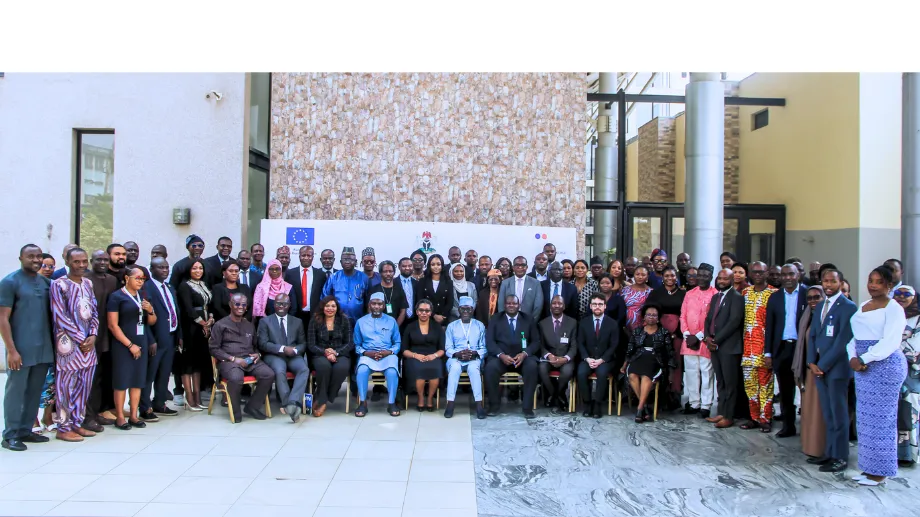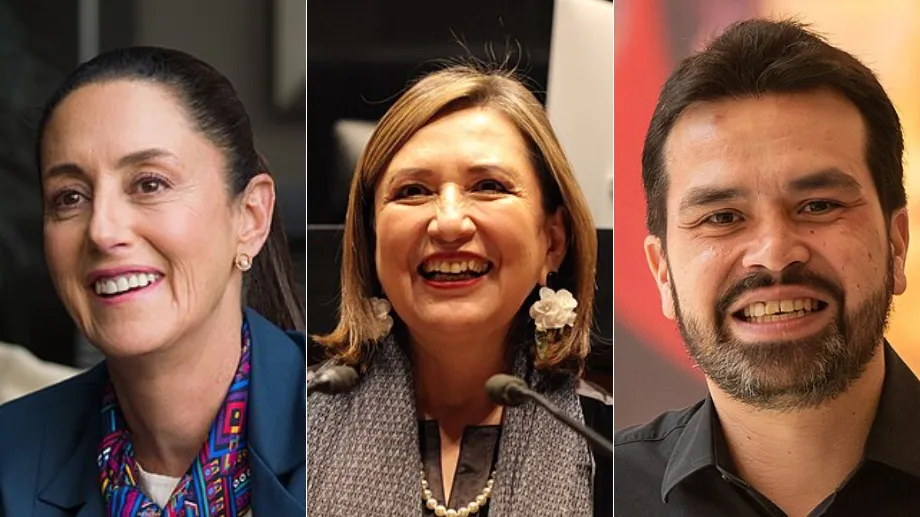Protecting Politics: Deterring the Influence of Organized Crime on Political Parties
Political parties are the centrepiece of political representation in democratic systems.
Regrettably, political corruption undermines this important role and generates distrust towards politicians, disengaging citizens from public decision-making processes. Organized crime is one of the most conspicuous sources of political corruption. These networks pour money into political parties and forge alliances with politicians and their intermediaries at the national and local levels.
This report provides insights into how multiparty democracy has occasionally shaped and extended the linkages between political parties, politically exposed persons and criminal activity. The analysis focuses on specific cases from Georgia, Mali and Mexico to illustrate these threats, as well as potential strategies for preventing and mitigating relationships between criminals and political actors.
Details
Staff author
Contents
Preface
Acknowledgements
1. Introduction
2. Organized crime, corruption networks and the exploitation of state weakness
3. Spaces of interaction between political parties and organized crime
4. Political parties: triggers for political–criminal influence
5. Case study: Georgia
6. Case study: Mali
7. Case study: Mexico
8. Conclusions and recommendations
References and further reading
About the editor and authors
About the organizations
Give us feedback
Do you have a question or feedback about this publication? Leave us your feedback, and we’ll get back to you
Send feedbackProtecting Politics: Deterring the Influence of Organized Crime on Political Parties
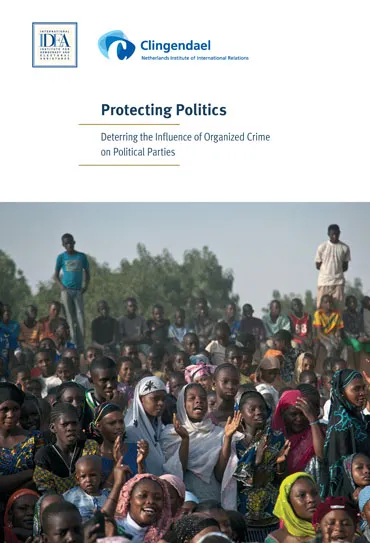
| Total views | 7171 |
|---|---|
| Downloads | 36 |
| Rating |
Staff author
Give us feedback
Do you have a question or feedback about this publication? Leave us your feedback, and we’ll get back to you
Send feedback
